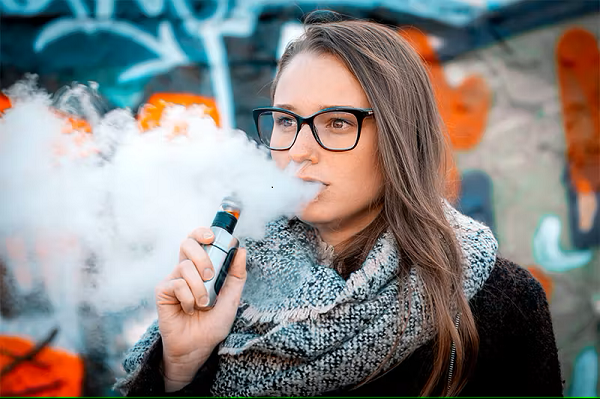A new House bill would require the FDA to update its vaping product enforcement guidance to specify “how the agency will prioritize enforcement against disposable ENDS products.” The bill was introduced last week by Representative Sheila Cherfilus-McCormick and has been assigned to the House Energy and Commerce Committee.
“As the mother of two children and a former healthcare executive, I am pleased to introduce this critical legislation,” said Rep. Cherfilus-McCormick, a Democrat serving South Florida’s 20th congressional district. “I am calling on the Biden Administration to close this harmful loophole for the sake of our youth and to put an end to this national epidemic.”
HR 901 does not forbid flavors or single-use vaporizers.
The HR 901 bill would put pressure on the FDA to take enforcement action against disposable vapes, which are currently the most popular vaping products in the convenience store/gas station segment of the vaping products market. However, it would not outright ban disposable vapes or grant the agency additional authority.
The likelihood of Cherfilus-McCormick's bill passing the Republican-controlled House is slim. However, organizations such as the Campaign for Tobacco-Free Kids plan to use the bill as a launching pad to put more pressure on the FDA to crack down on disposables, which would be a first step toward TFK's ideal course of action—a complete ban on all flavored vaping devices.
Democrats in Congress, tobacco businesses, and tobacco control organizations all support the effort for new FDA guidelines that specifically name disposable vapes as a high priority for enforcement.
The tobacco juggernaut R.J. Reynolds requested last week that the FDA give enforcement against disposable vapes top priority in a formal citizen petition. The more popularly flavored disposable vapes are more effective than Reynolds' tobacco and menthol-flavored Vuse e-cigarettes.
Former Democratic member of the House Jason Altmire urged the Biden administration to "close the loophole" in enforcement in an opinion piece that he published in The Hill on February 6. Three days later, the Hill article, the R.J. Reynolds citizen petition, and the introduction of Rep. Cherfilus-McCormick's bill took place.
The gap that never existed
The FDA's 2020 enforcement advisory, which exempted certain disposable vaping items from priority enforcement, is known as the "disposable loophole."
The NJOY Daily and blu disposables were the only goods that qualified for the disposable product exemption, as we clarified at the time. "As with FDA's prior compliance policies on deemed new tobacco products that do not have premarket authorization, this guidance document does not apply to any deemed product that was not on the market on August 8, 2016," the FDA stated clearly in its enforcement paper. Stated differently, items that hit the market after 2016 would continue to be the focus of enforcement.
In 2019, the widely used flavored disposables hit the shelves. The FDA stated that Puff Bar was taken off the market because they had been in violation of FDA regulations from the beginning.
Nothing is stopping the agency from acting in the same manner as it did in 2020 against Puff Bar. Unless their PMTAs are still being reviewed or they have a stay of enforcement issued by the FDA or a federal court, disposable products that arrived after the original 2020 premarket tobacco application (PMTA) deadline or the 2022 application deadline for synthetic nicotine vaping products are not protected against FDA enforcement action.






